“Communism… must of necessity be a saddening process for anyone who has ever tasted the intellectual pleasures of the world we live in.” —F. Scott Fitzgerald
These last few weeks of our homeschooling have focused on more modern history. Leaving behind WWII, we by necessity found ourselves embroiled in Korea, Vietnam, and the Cold War. Communism became a common theme, and with it, its antithesis of democracy. (We’ve touched on other political systems, for example, digging into the current state of North Korea, and exploring what Bernie Sanders meant in his platform of democratic socialism.) At this point in the flow of our history studies, my children inevitably start asking those bigger “why?” questions that thrill me as a home educator.
Why so many wars over communism?
Why did the U.S. want to stop it so badly?
Why not just leave communists alone?
They’re good questions. Questions that deserve more than words in response.
It’s very easy to show kids why the U.S. and its allies felt that stopping the spread of communism was worth intervention. Bonus? The object lesson in political systems also leaves a lasting impression that kids can use to measure the actions of any government’s policies. Trust me. This little play-based learning opportunity still resonates with my adult children!
Of Lincoln Logs and Liberty
Stop one is democracy. Explain to your children that they live under a system where they can elect their leader. Everyone has one vote, and all of the votes count equally. Our nominees were Leopard and Polar Bear. Leopard won handily, and opened the doors for everyone to build their own homes. I gave my kids ten minutes to construct their Lincoln Log dream house. No parameters— just build as you wish. (I did explain to my kids that this isn’t quite how it works in modern America; we have building codes, and permit requirements, and are obviously held back by what materials we can afford. This opened up a great conversation about capitalism. That was a deeper rabbit hole that flew over the heads of the youngest learners, but planted seeds for future discussion with the upper end.)
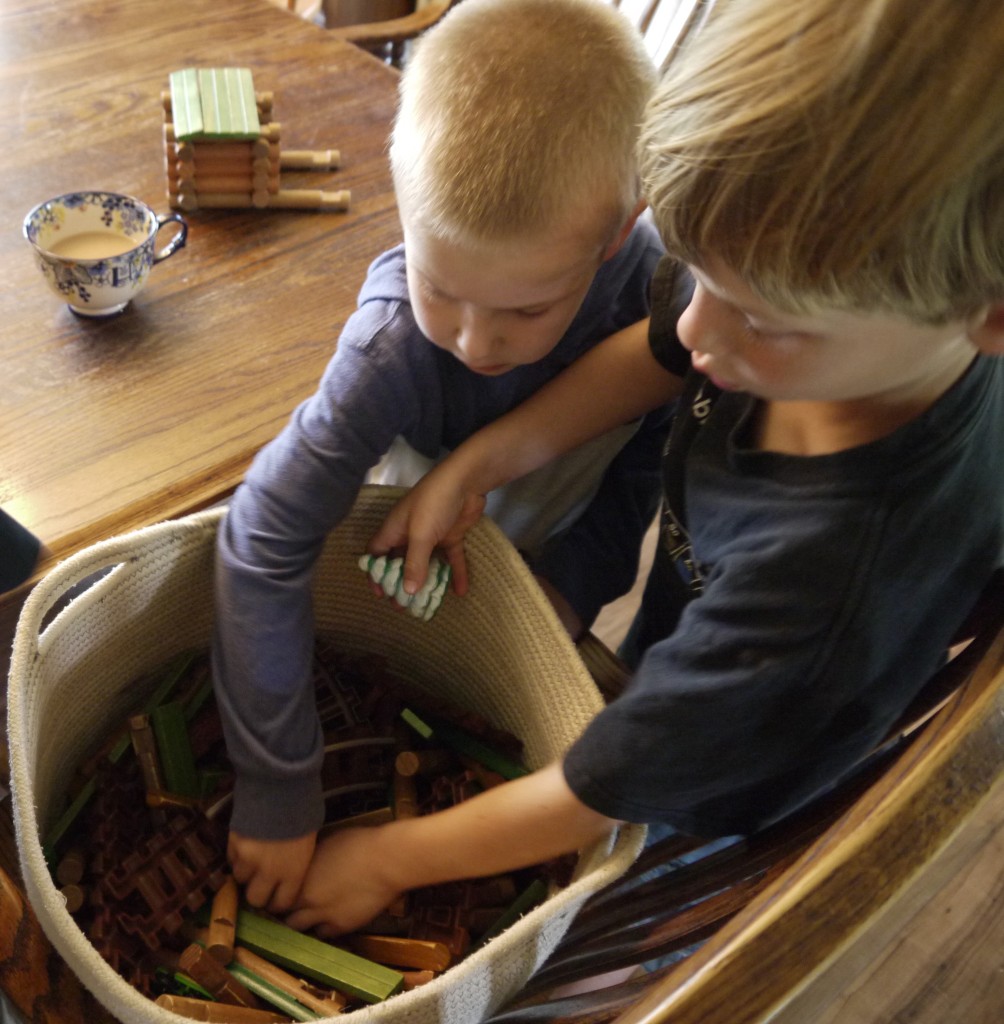
While they were building, we talked about how, in a democracy, no one tells you where to live.
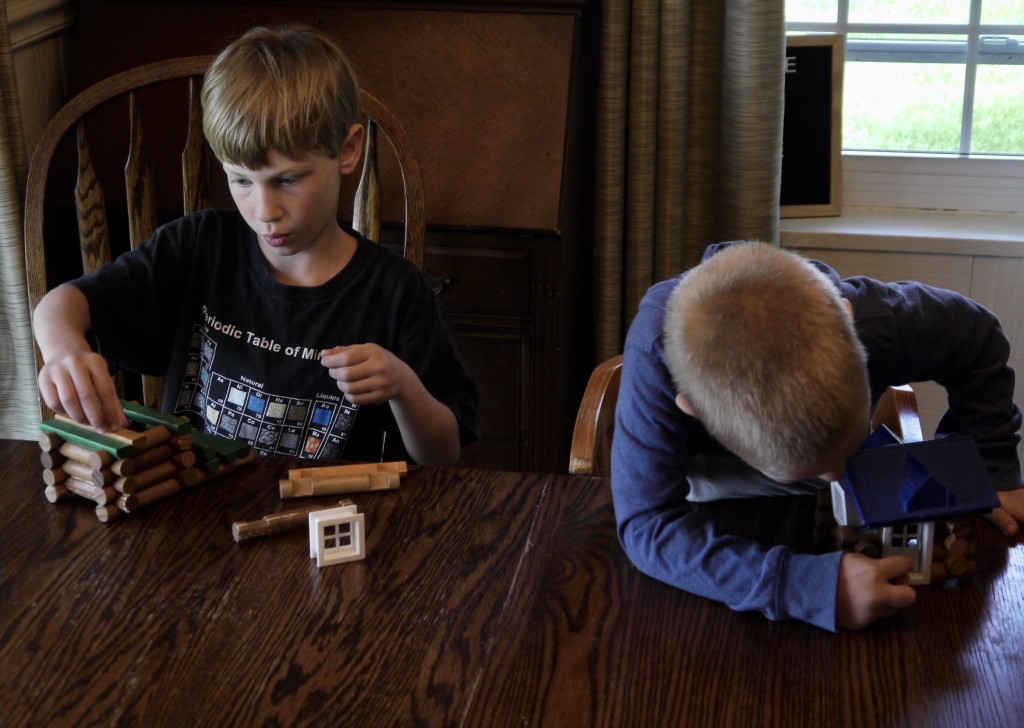
Or which house you have to buy.
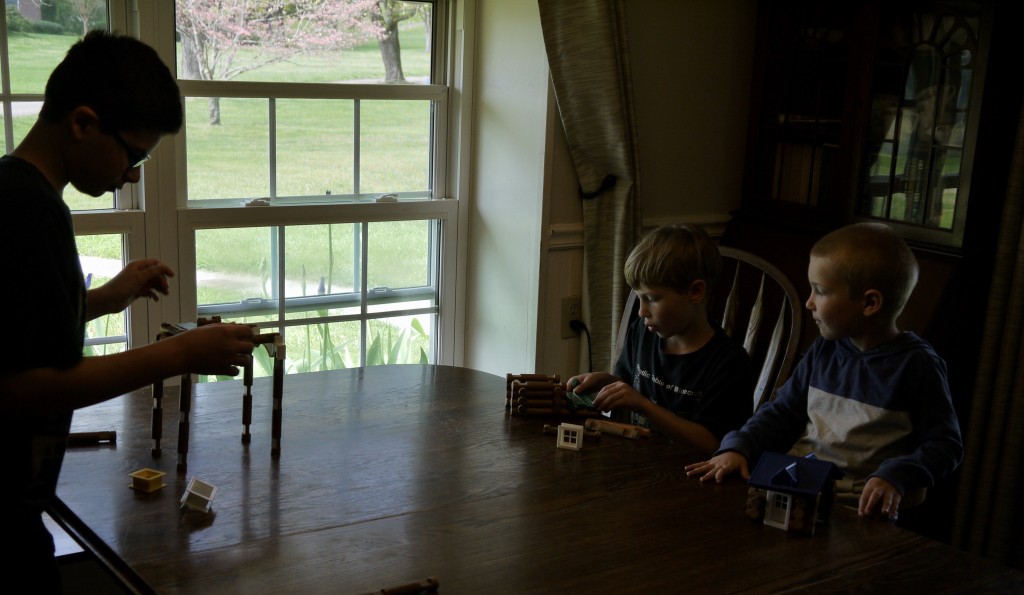
We discussed this quote by Thomas Jefferson: “Under the law of nature, all men are born free, every one comes into the world with a right to his own person, which includes the liberty of moving and using it at his own will. This is what is called personal liberty, and is given him by the author of nature, because necessary for his own sustenance.”
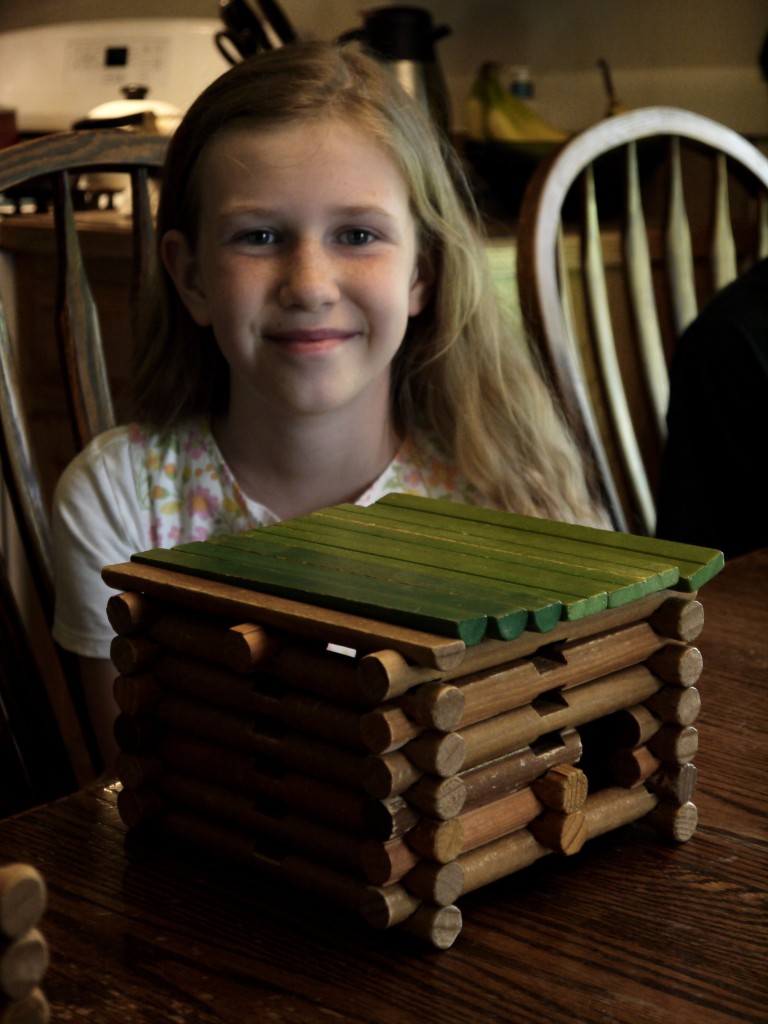
As you can tell, my kids are very, very fond of this part of democracy.
Next, everyone got to choose a career. This was a beautiful conversation about God’s giftings and provision, and how each person has unique talents that enrich God’s Kingdom. We tiptoed into the idea of how society values certain jobs above others, and what God says about that, but the focus here was on being able to decide for yourself what you want to do with your days.
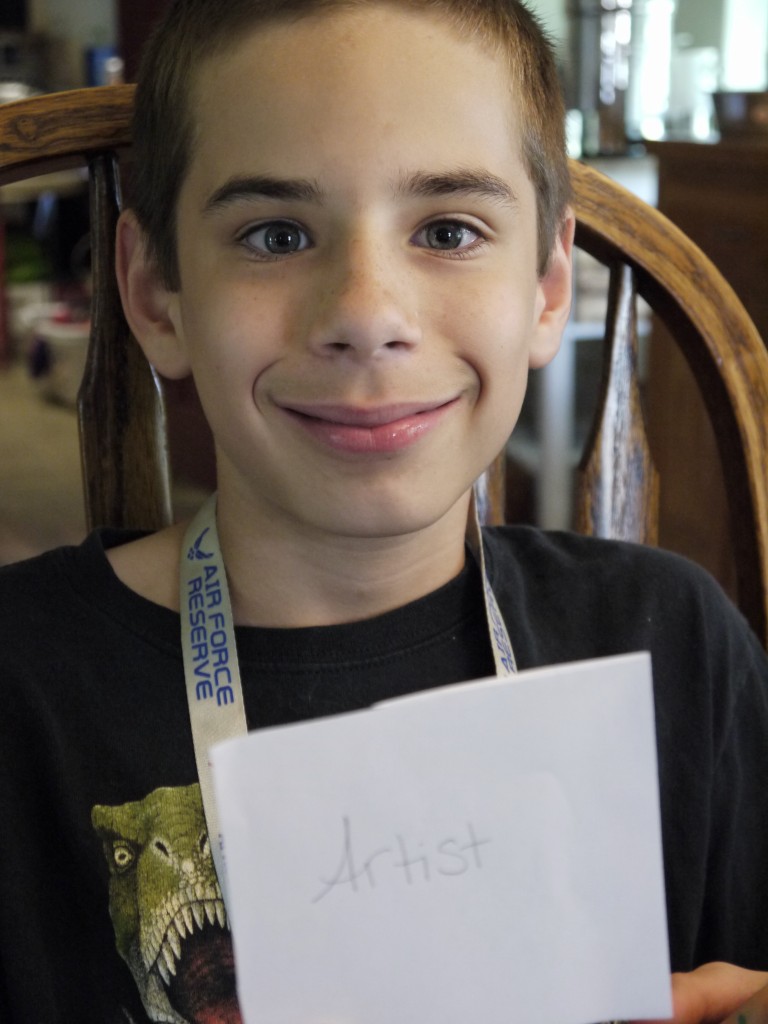
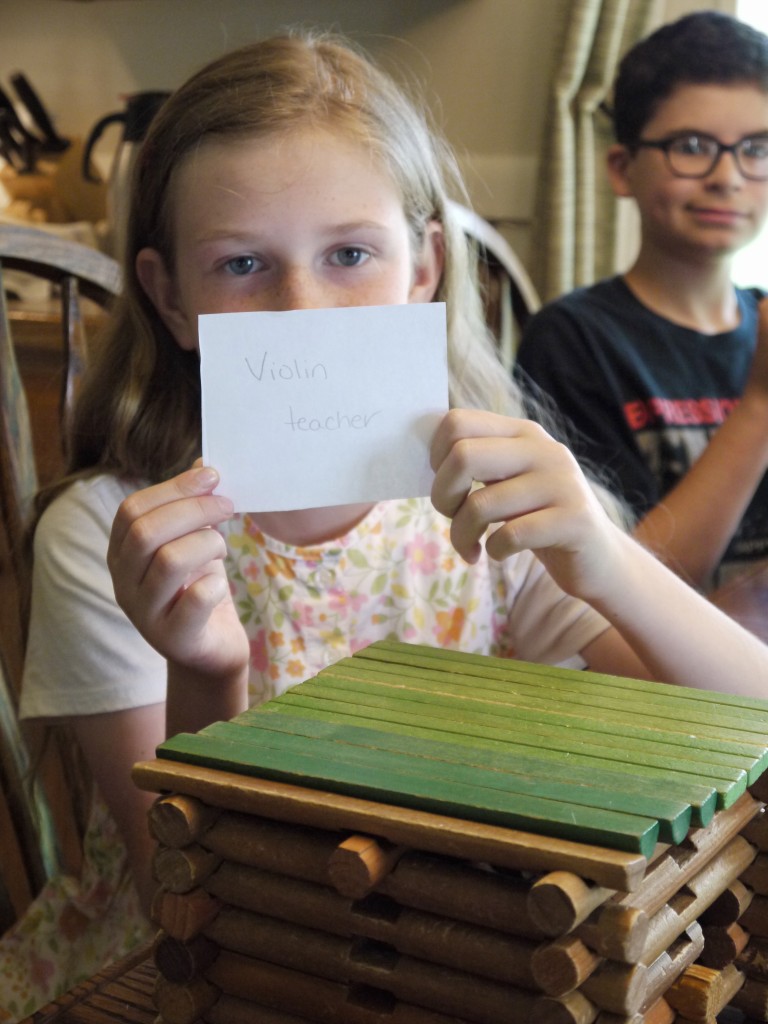
We had an artist, a mechanical engineer, a violin teacher, an Army Ranger, and an aerospace engineer.
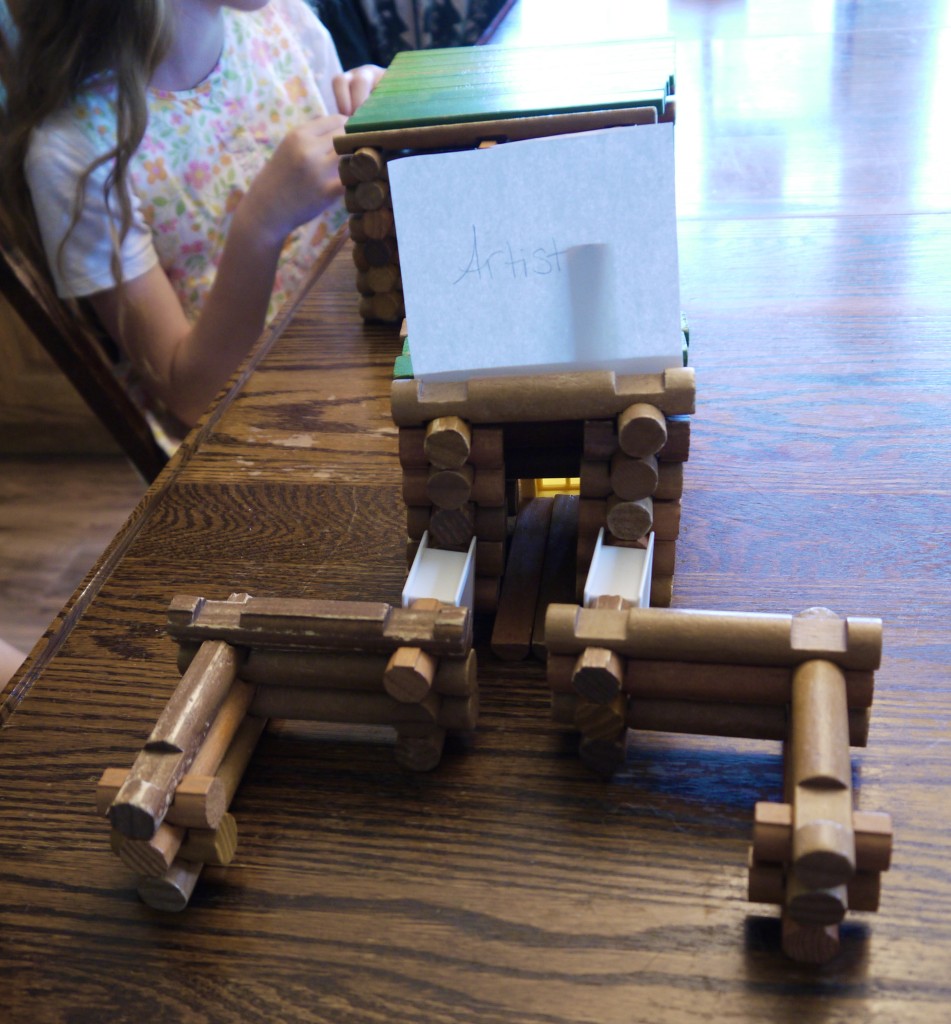
And everyone was happy.
What’s Yours is Mine
Unexpectedly (for the kids, at least) Polar Bear seized power of our game. Selected by his party to rule our little nation after a quick coup, he quickly began changing parameters. First up, the government requisitioned all green building pieces for military purposes. No questions allowed; simply turn over the pieces, and reconfigure your house with what you have left.
This was wildly unpopular.
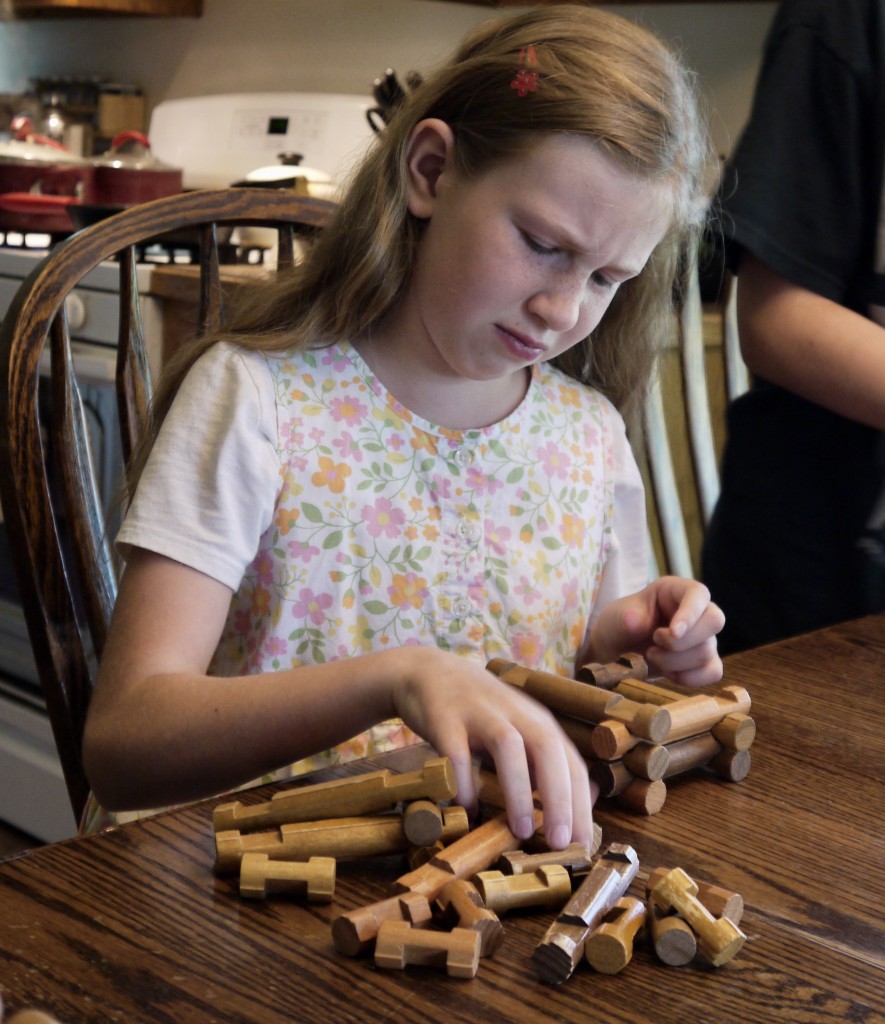
Even assurances that this painful process was “for the good of the country” didn’t cushion the blow. No one, it turned out, wanted to just hand over what they had previously owned.
If that was bad, the next step was worse. Based on the needs of the country as a whole, new jobs were assigned. It turns out that manufacturing jobs are of prime importance in most economies, and that’s where Polar Bear focused his campaign of re-education. These were randomly selected… and not popular at all. Well, except for the gleeful 4 year-old who suddenly found himself a government official.
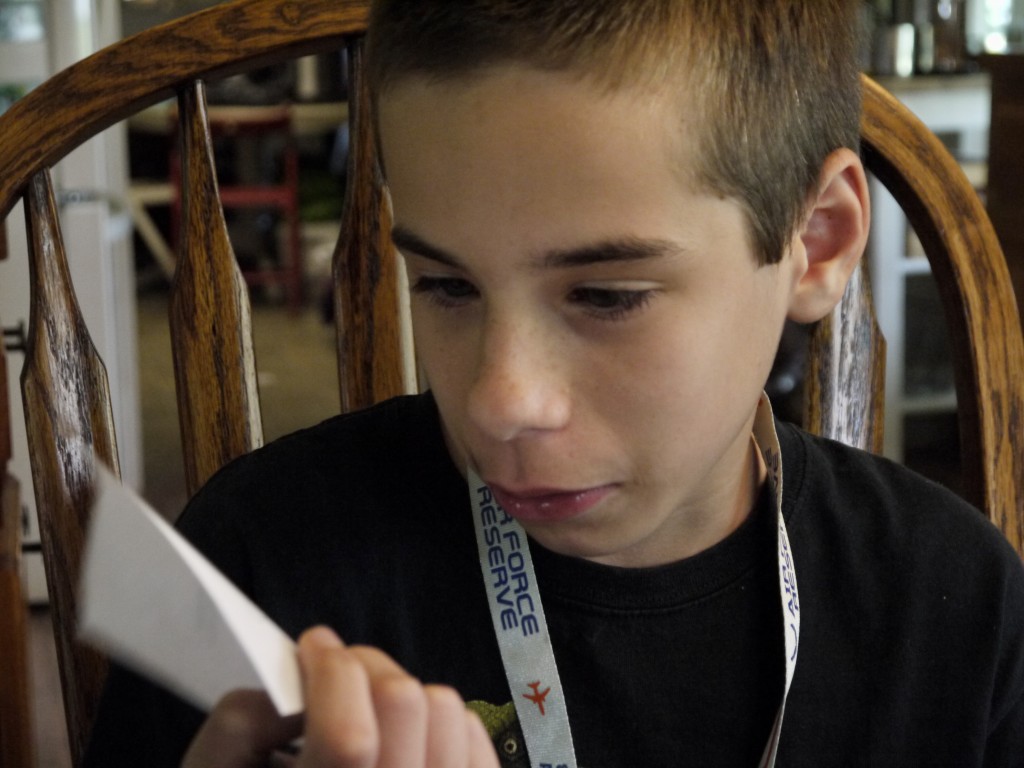
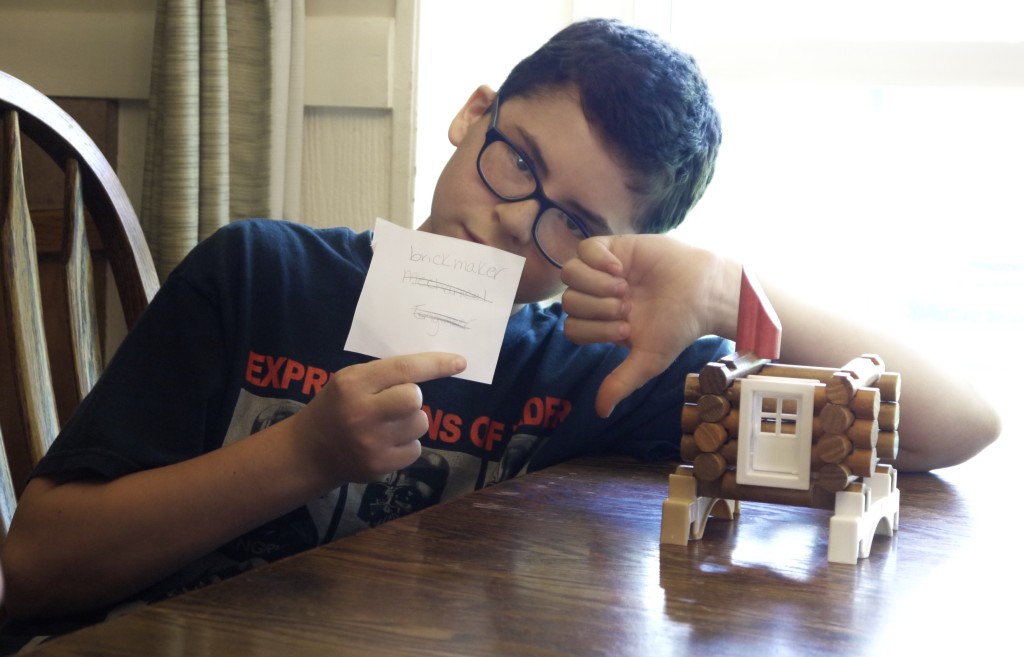
Then, another blow. Our 4 year-old official asked Supreme Leader Polar Bear if he could perhaps move into a better house. Polar Bear thought this was a grand idea, as the party wanted to reward loyalty and show the benefits of being a good citizen. That left a certain seamstress the not-so-proud owner of a roofless hut.
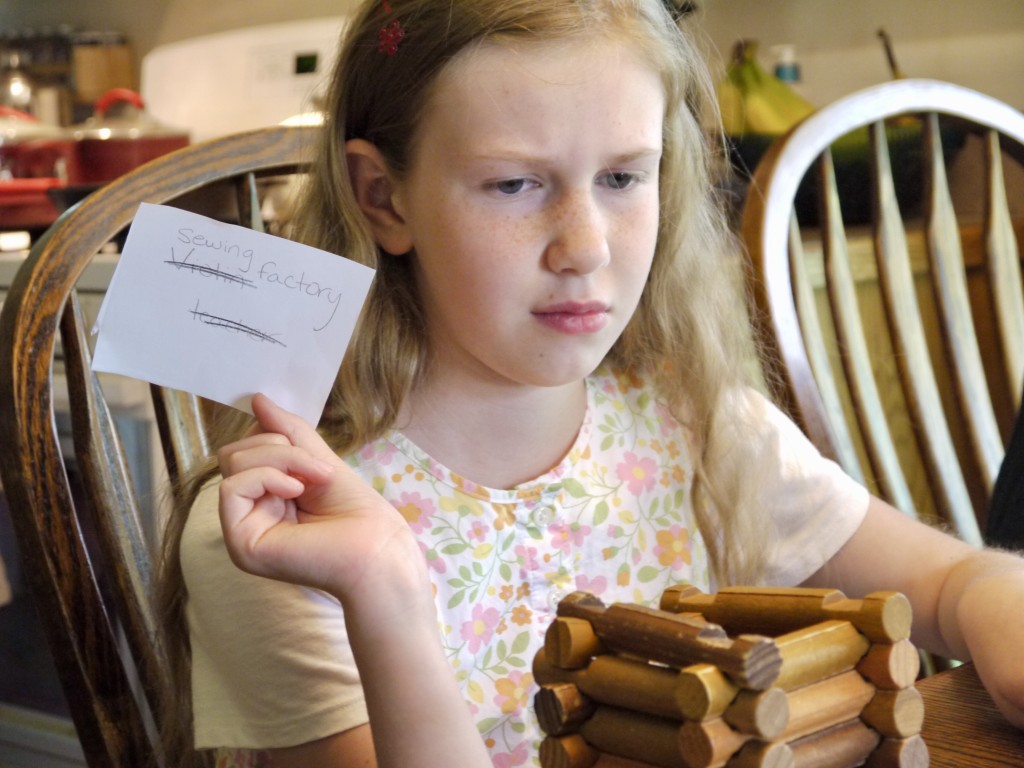
And just like that, my kids understood why the United States felt it was worth the struggle to send its greatest asset—its people— into battle after battle against the tide of an oppressive government structure that denies people their basic, God-given liberties. Clearly, there are deeper motivations and conversations to be had, and so much nuance we didn’t even begin to address. But the basics, the heart of it, was brought home, and the words of Thomas Paine gained new significance:
“Those who expect to reap the blessings of freedom, must, like men, undergo the fatigues of supporting it.”